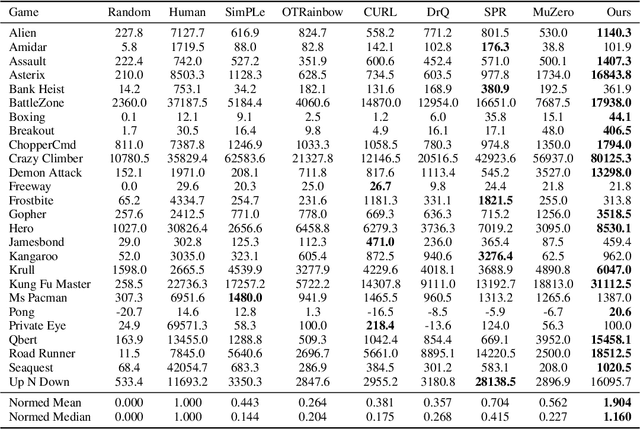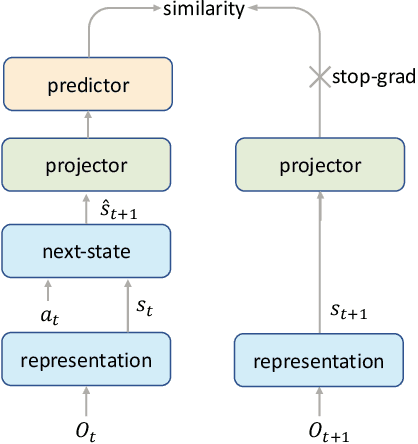Shaohuai Liu
Fréchet Power-Scenario Distance: A Metric for Evaluating Generative AI Models across Multiple Time-Scales in Smart Grids
May 12, 2025Abstract:Generative artificial intelligence (AI) models in smart grids have advanced significantly in recent years due to their ability to generate large amounts of synthetic data, which would otherwise be difficult to obtain in the real world due to confidentiality constraints. A key challenge in utilizing such synthetic data is how to assess the data quality produced from such generative models. Traditional Euclidean distance-based metrics only reflect pair-wise relations between two individual samples, and could fail in evaluating quality differences between groups of synthetic datasets. In this work, we propose a novel metric based on the Fr\'{e}chet Distance (FD) estimated between two datasets in a learned feature space. The proposed method evaluates the quality of generation from a distributional perspective. Empirical results demonstrate the superiority of the proposed metric across timescales and models, enhancing the reliability of data-driven decision-making in smart grid operations.
EfficientZero V2: Mastering Discrete and Continuous Control with Limited Data
Mar 01, 2024Abstract:Sample efficiency remains a crucial challenge in applying Reinforcement Learning (RL) to real-world tasks. While recent algorithms have made significant strides in improving sample efficiency, none have achieved consistently superior performance across diverse domains. In this paper, we introduce EfficientZero V2, a general framework designed for sample-efficient RL algorithms. We have expanded the performance of EfficientZero to multiple domains, encompassing both continuous and discrete actions, as well as visual and low-dimensional inputs. With a series of improvements we propose, EfficientZero V2 outperforms the current state-of-the-art (SOTA) by a significant margin in diverse tasks under the limited data setting. EfficientZero V2 exhibits a notable advancement over the prevailing general algorithm, DreamerV3, achieving superior outcomes in 50 of 66 evaluated tasks across diverse benchmarks, such as Atari 100k, Proprio Control, and Vision Control.
Real-time scheduling of renewable power systems through planning-based reinforcement learning
Mar 13, 2023



Abstract:The growing renewable energy sources have posed significant challenges to traditional power scheduling. It is difficult for operators to obtain accurate day-ahead forecasts of renewable generation, thereby requiring the future scheduling system to make real-time scheduling decisions aligning with ultra-short-term forecasts. Restricted by the computation speed, traditional optimization-based methods can not solve this problem. Recent developments in reinforcement learning (RL) have demonstrated the potential to solve this challenge. However, the existing RL methods are inadequate in terms of constraint complexity, algorithm performance, and environment fidelity. We are the first to propose a systematic solution based on the state-of-the-art reinforcement learning algorithm and the real power grid environment. The proposed approach enables planning and finer time resolution adjustments of power generators, including unit commitment and economic dispatch, thus increasing the grid's ability to admit more renewable energy. The well-trained scheduling agent significantly reduces renewable curtailment and load shedding, which are issues arising from traditional scheduling's reliance on inaccurate day-ahead forecasts. High-frequency control decisions exploit the existing units' flexibility, reducing the power grid's dependence on hardware transformations and saving investment and operating costs, as demonstrated in experimental results. This research exhibits the potential of reinforcement learning in promoting low-carbon and intelligent power systems and represents a solid step toward sustainable electricity generation.
Mastering Atari Games with Limited Data
Oct 30, 2021



Abstract:Reinforcement learning has achieved great success in many applications. However, sample efficiency remains a key challenge, with prominent methods requiring millions (or even billions) of environment steps to train. Recently, there has been significant progress in sample efficient image-based RL algorithms; however, consistent human-level performance on the Atari game benchmark remains an elusive goal. We propose a sample efficient model-based visual RL algorithm built on MuZero, which we name EfficientZero. Our method achieves 190.4% mean human performance and 116.0% median performance on the Atari 100k benchmark with only two hours of real-time game experience and outperforms the state SAC in some tasks on the DMControl 100k benchmark. This is the first time an algorithm achieves super-human performance on Atari games with such little data. EfficientZero's performance is also close to DQN's performance at 200 million frames while we consume 500 times less data. EfficientZero's low sample complexity and high performance can bring RL closer to real-world applicability. We implement our algorithm in an easy-to-understand manner and it is available at https://github.com/YeWR/EfficientZero. We hope it will accelerate the research of MCTS-based RL algorithms in the wider community.
 Add to Chrome
Add to Chrome Add to Firefox
Add to Firefox Add to Edge
Add to Edge